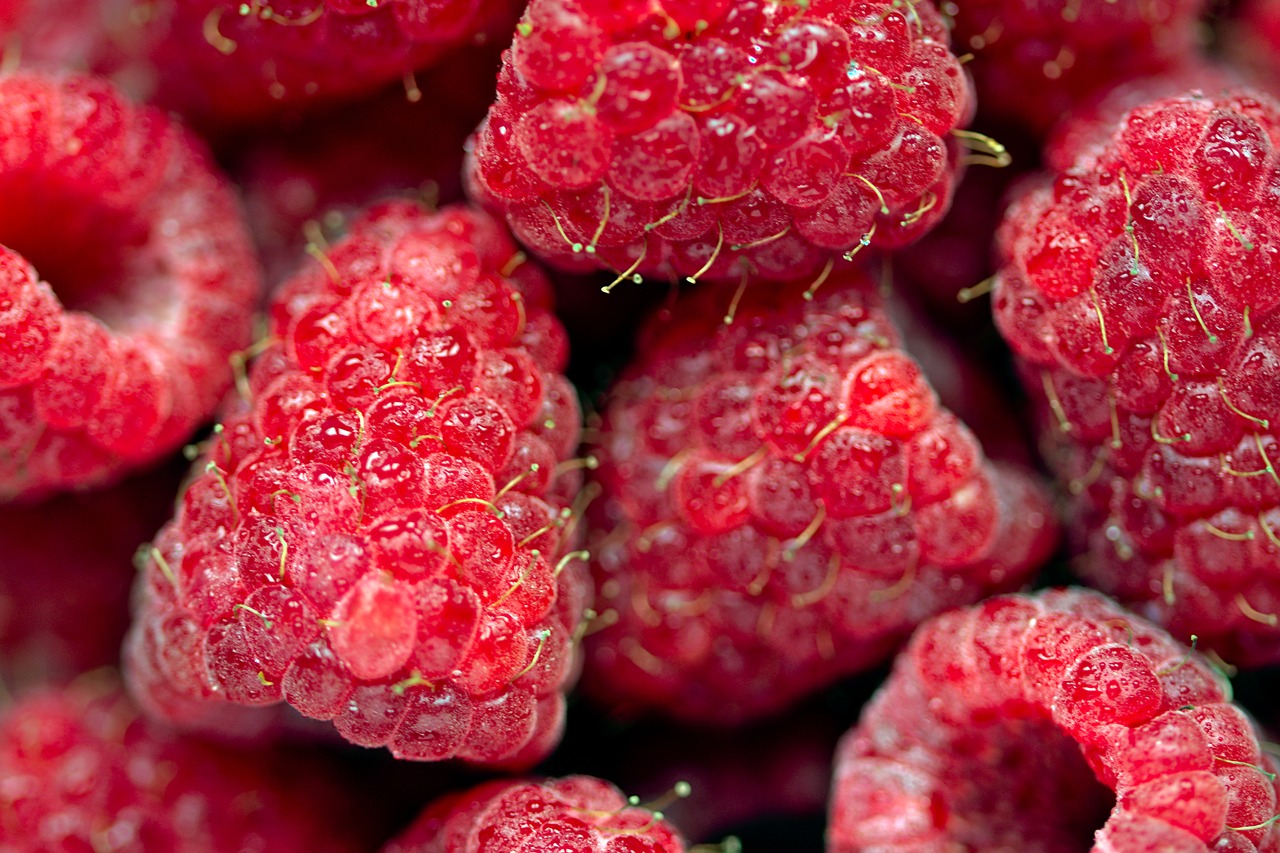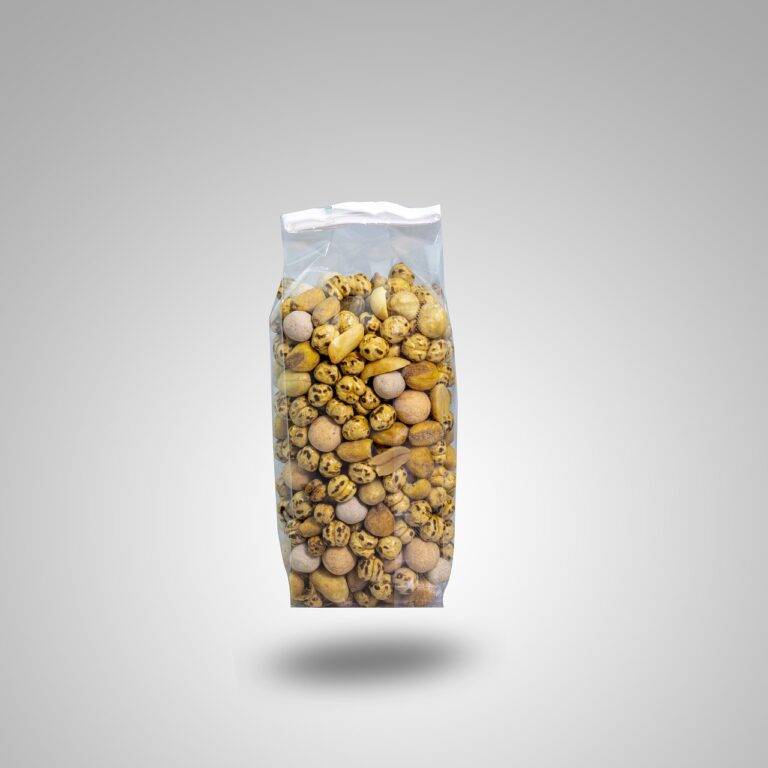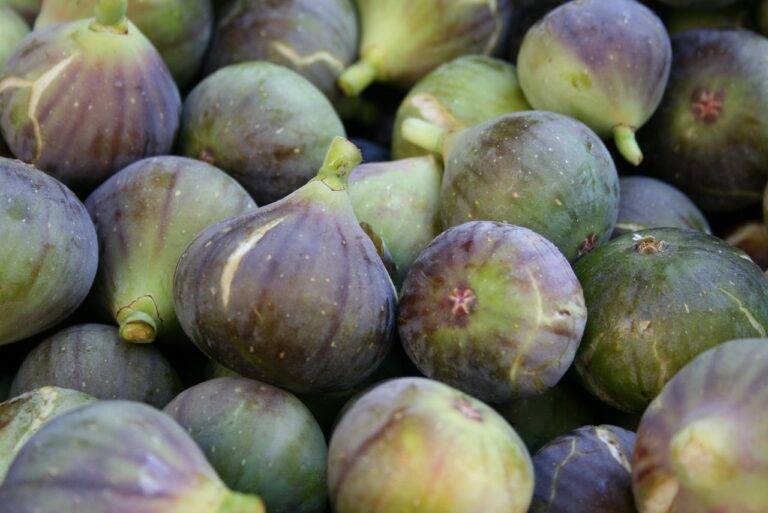From Fork to Farm: Exploring Sustainable Agriculture Practices
Sustainable agriculture refers to a method of farming that aims to provide long-term productivity without harming the environment. It focuses on practices that maintain soil health, conserve water resources, minimize pollution, and promote biodiversity. Unlike conventional farming methods that can deplete natural resources and harm ecosystems, sustainable agriculture emphasizes the need for a balanced approach that takes into account the needs of the present and future generations.
One of the key principles of sustainable agriculture is the use of organic farming practices that avoid synthetic chemicals and genetically modified organisms. By relying on natural methods to control pests and diseases, sustainable agriculture aims to create a healthier and more resilient ecosystem. This approach not only benefits the environment but also produces food that is free from harmful residues, promoting human health and well-being.
The Importance of Soil Health in Sustainable Agriculture
Soil health plays a vital role in sustainable agriculture practices. Healthy soil is essential for providing nutrients to crops, supporting plant growth, and maintaining overall ecosystem balance. By focusing on enhancing soil health, farmers can improve crop resilience to pests and diseases, reduce the need for synthetic fertilizers and pesticides, and promote long-term sustainability of their operations.
In addition to supporting plant growth, healthy soil also plays a crucial role in water retention and filtration. Well-structured soil can absorb and hold water more efficiently, reducing runoff and erosion. This not only helps conserve water resources but also prevents soil degradation and loss of valuable nutrients. Sustainable farming practices that prioritize soil health not only benefit the environment but also contribute to higher crop yields and improved food security in the long run.
Water Conservation Techniques in Sustainable Farming
Water conservation is a crucial aspect of sustainable farming practices. One effective technique is the use of drip irrigation systems, which deliver water directly to the base of plants, minimizing evaporation and runoff. By providing the right amount of water at the right time, drip irrigation helps to optimize water usage and improve crop yields without wastage.
Another water conservation technique is the implementation of mulching. Mulch helps to retain soil moisture by reducing evaporation and suppressing weed growth, allowing plants to access water more efficiently. Additionally, it helps to prevent soil erosion, which can further conserve water resources and promote soil health in sustainable farming systems.
What is sustainable agriculture?
Sustainable agriculture is a method of farming that focuses on producing food in a way that is environmentally friendly, socially responsible, and economically viable for both present and future generations.
Why is soil health important in sustainable agriculture?
Soil health is crucial in sustainable agriculture because healthy soil is essential for growing crops successfully. Healthy soil contains a balanced mix of nutrients, microorganisms, and organic matter that support plant growth and productivity.
What are some water conservation techniques used in sustainable farming?
Some water conservation techniques in sustainable farming include drip irrigation, rainwater harvesting, mulching, cover cropping, and crop rotation. These techniques help to minimize water usage, reduce water wastage, and improve overall water efficiency on the farm.







